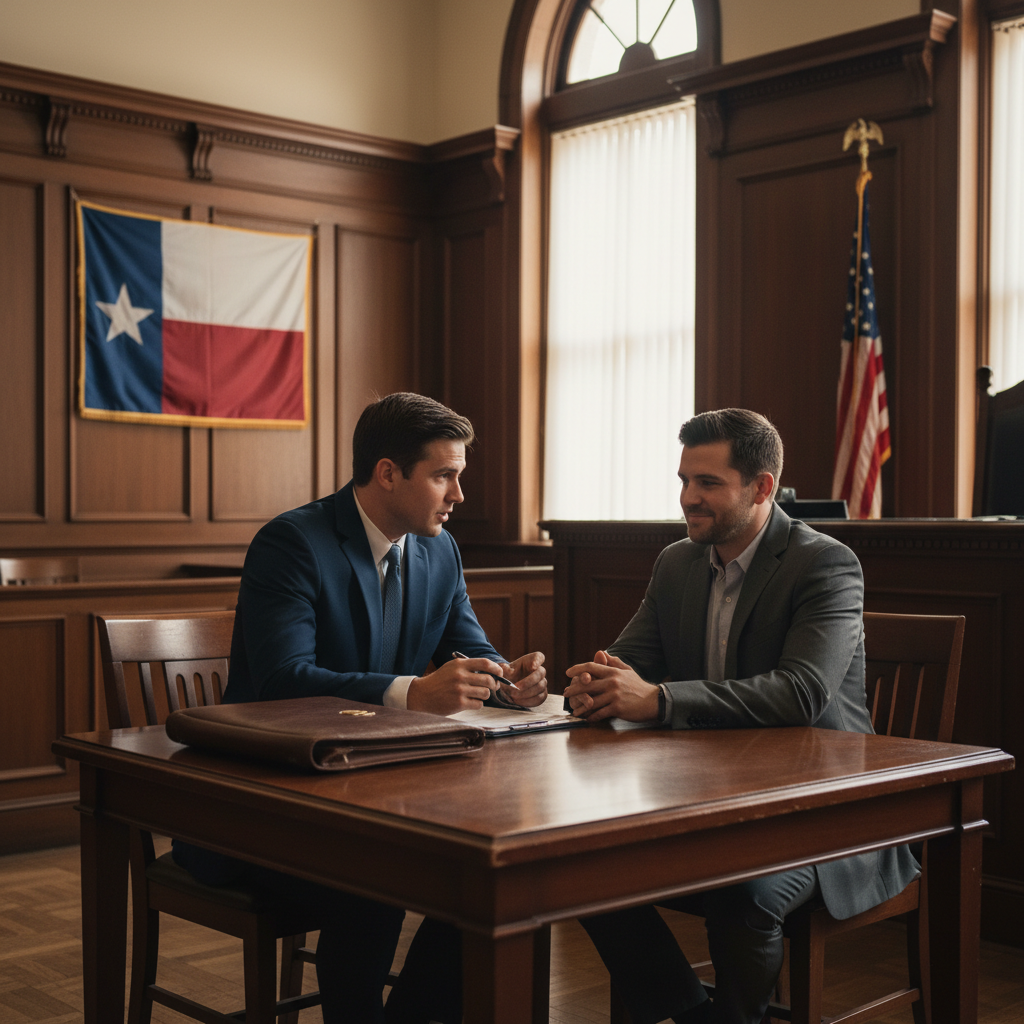In federal court, the rules and procedures governing pretrial detention and bond are far more difficult than in state court. Each district court’s procedures differ slightly, although the underlying law is the same all over the country. At a detention hearing, the judge has four options: (1) release you on personal recognizance or unsecured bail; (2) release you on conditions; (3) temporarily hold you; or (4) detain you until the entire court process is completed (or until the court changes its mind).1
In Federal Court, How Can I Receive a Bond Release?
If you’ve been charged with a federal crime, the first thing you’ll have to deal with is bond and pretrial release. If you’ve been assigned a counsel, he or she should have gotten a copy of the indictment or complaint, contacted the Assistant US Attorney, and set up an appointment with Pre-trial Services. All of this should have happened before you went to court for your bond hearing. In federal criminal law, this hearing is referred to as a detention hearing.
The government has the authority to keep you for up to three days while you await your detention hearing. The government normally takes advantage of this and asks for a three-day extension so that it can prepare for the bail hearing.2 You or your lawyer may request a detention hearing be postponed for up to five days, or even longer if you have “good reason.”3
Whether or not you have been detained pending trial, the detention hearing can be reopened at any point before the trial if new information becomes available.4 By filing a motion with the court, your federal criminal defense attorney would reopen the case.

What Is the Law in Federal Court Regarding Bond and Pretrial Detention?
The law governing bonds is found principally in 18 U.S.C. 3142. Detention hearings are also governed by federal case law, which aids judges in interpreting section 3142. 18 U.S.C. 4285 is an important additional statute. When a defendant is eligible for bail but unable to pay for transportation to and from court, this provision allows a judge to order the United States Marshal to pay the defendant’s transportation fees.
At a Detention Hearing, What Factors Does the Court Consider?
The nature and circumstances of the offense charged, the weight of the evidence against the person (though this is supposed to be the least important consideration6), the person’s history and characteristics, and the nature and seriousness of the danger to any person or the community that would be posed by the person’s release are all factors that the judge is supposed to consider.
If you have been charged with a Federal Crime or feel you may be, contact Heath Hyde 903.439.0000 or email Heath@HeathHydeLawyer.com or learn more about our criminal defense law firm.
Legal References:
- 118 U.S.C. § 3142(a)
- 218 U.S.C. § 3142(f)(2)
- …a continuance on motion of the attorney for the Government may not exceed three days (not including any intermediate Saturday, Sunday, or legal holiday)
- 318 U.S.C. § 3142(f)(2)
- Except for good cause, a continuance on motion of such person may not exceed five days (not including any intermediate Saturday, Sunday, or legal holiday)…
- 418 U.S.C. § 3142(f)(2)
- The hearing may be reopened, before or after a determination by the judicial officer, at any time before trial if the judicial officer finds that information exists that was not known to the movant at the time of the hearing and that has a material bearing on the issue whether there are conditions of release that will reasonably assure the appearance of such person as required and the safety of any other person and the community.
- 518 U.S.C. § 3142(g)
- 6United States v. Townsend, 897 F.2d 989, 994 (9th Cir. 1990)






